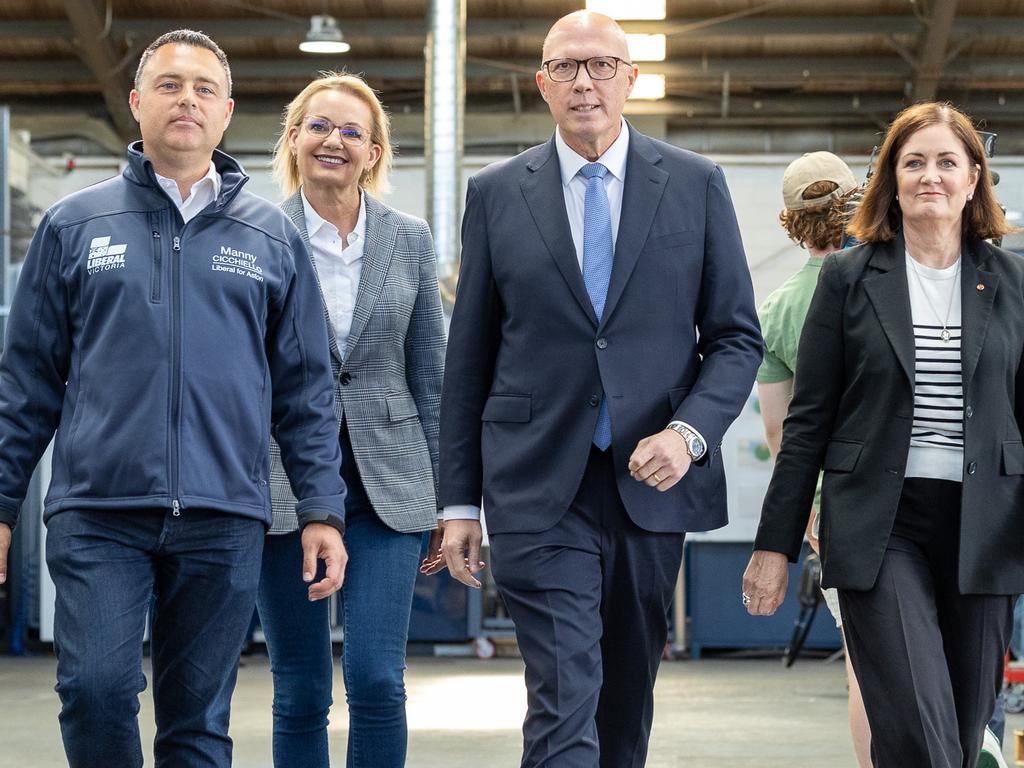It’s not a Seinfeld election ... but it is one without courage
With Labor and the Coalition risk-averse and reform-shy, no wonder voters are looking to minor parties and independents.
This is not quite a Seinfeld election – about nothing – but there is an obvious lack of policies to respond to the major challenges facing Australia in the short and long term, from global insecurity and an uncertain economy to the pressing need to reduce debt and lift productivity, improve health and education, and balance energy needs with decarbonising the economy.
Labor and the Coalition have said, and will continue to say, the choice for voters is clear and the differences in policies are stark. But this is plainly not true.
In the major areas of public policy, such as defence and foreign policy, health and aged care, and education, the differences are at the margins.
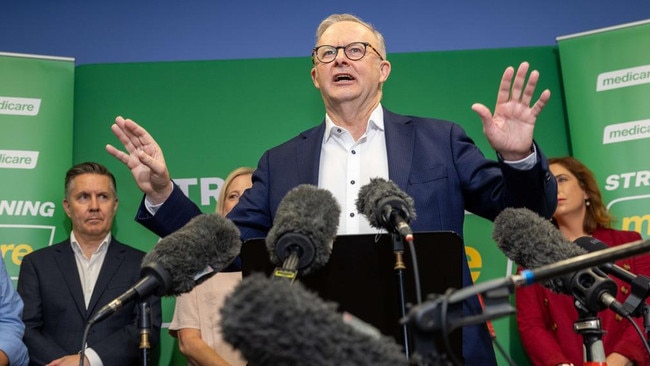
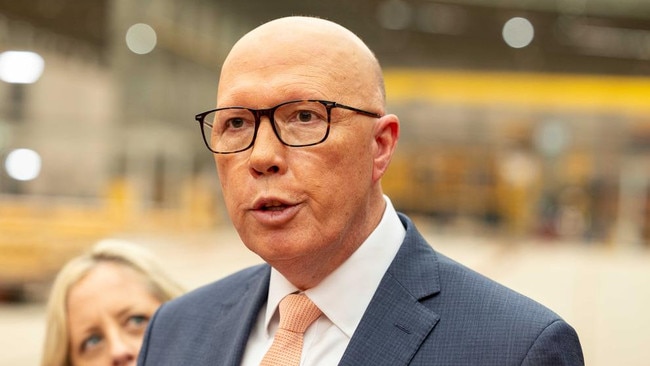
Anthony Albanese is not promising to jettison the trilateral AUKUS nuclear-powered submarine pact or end the ANZUS alliance. He will not soften the border protection regime. Peter Dutton is not pledging to walk away from Australia’s commitment to net-zero emissions by 2050. Neither is he promising to do away with Medicare, which once was Coalition policy in the 1980s and 90s.
Indeed, the degree of policy convergence between the major parties on central areas of government responsibility across the board has probably never been greater. I’m talking here about fundamental policy settings, principles and values, not particular programs or initiatives. When you get down to it, there really isn’t much difference.
Health is a prime example.
The Coalition supported I honLabor’s pre-election promise to spend $573m on improving women’s health. The Coalition agreed to match “dollar for dollar” Labor’s $8.5bn plan to increase Medicare bulk-billing rates for GP visits. The Coalition also supports Labor’s plan to reduce PBS-listed medicines to $25.

The Coalition also supported Labor’s aged-care reforms and efforts to make the National Disability Insurance Scheme more sustainable. But it has offered to reinstate subsidised mental health sessions from 10 to 20 and spend $400m on youth mental health initiatives. Labor has an ongoing investment commitment in digital mental health services.
Cost of living is a focus for both sides. Labor has promised a $150 rebate on household and business power bills, which the Coalition has not opposed. The Coalition has promised a 25c reduction in fuel per litre and Labor has a $5 to $10 a week top-up tax cut, both rather modest measures, although the tax cuts are permanent.
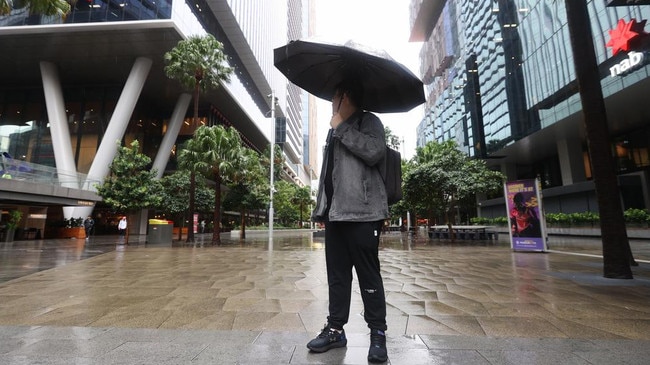
Other policy goals are broadly aligned but differ in application. The Coalition and Labor promise to reduce migration and safeguard borders against people-smugglers. They both undertake to curb the impact of social media, commit to faster NBN connections and increase apprenticeships. The Coalition wants break-up powers for supermarket giants; Labor vows to make price gouging illegal.
Before the 2022 election, Labor didn’t blink before supporting AUKUS. This was before there was any detailed planning about cost, production capacity or personnel requirements, let alone the broader strategic implications. Labor was panicked that defence would become an election issue so backed it immediately without much consideration.
Before this election, the major parties struck a deal to cap political donations and campaign spending, sidelining independents and minor parties. This was the cartel theory of politics in practice. It holds that established political parties work together to share resources rather than compete for them. Their collective interests are paramount.
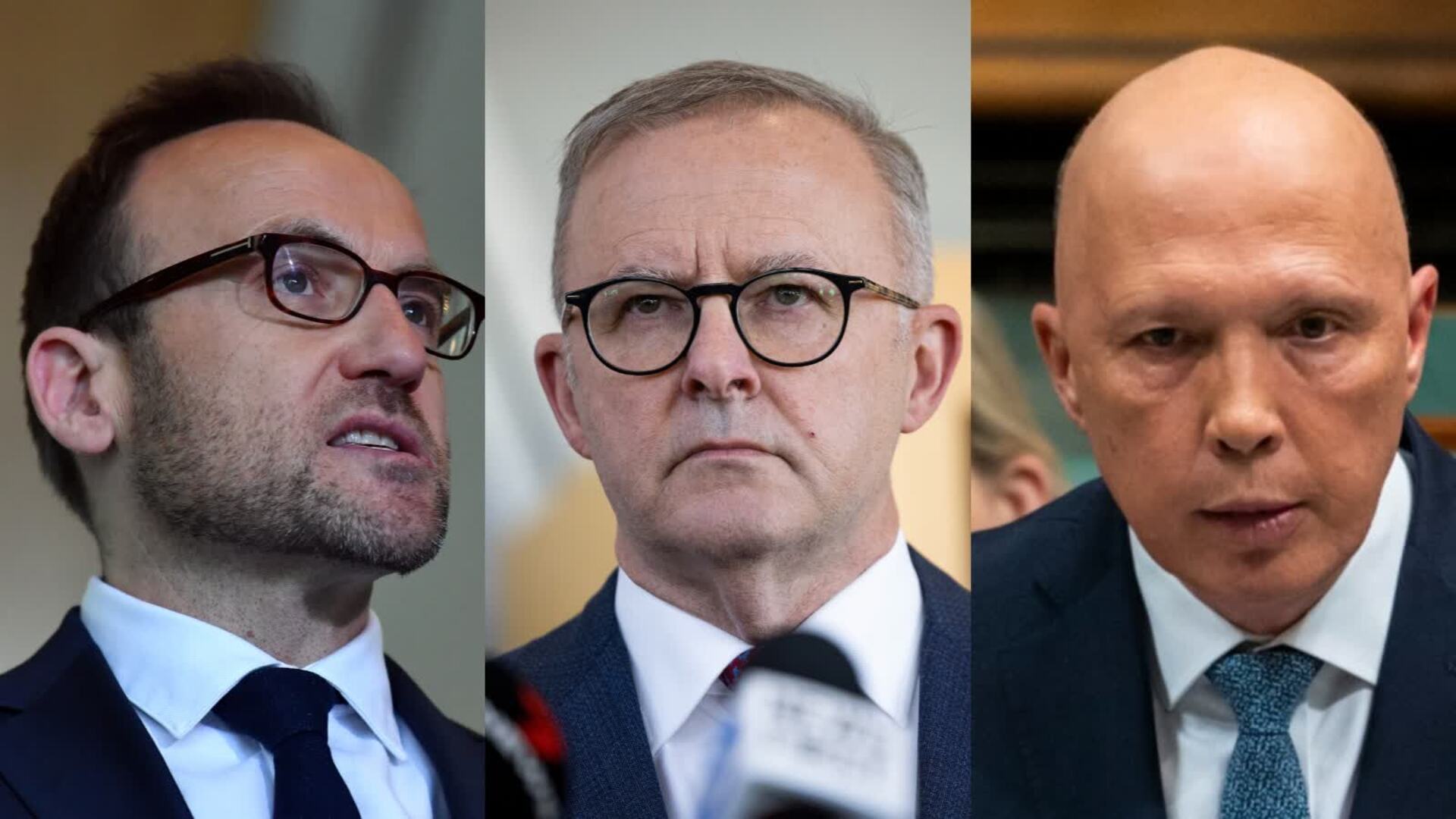
If you examine voting patterns in the House of Representatives and Senate since the effective two-party system developed in the late 1940s with the formation of the Liberal Party – but you could go back 100 years to see a largely left-right divide merge – you would find that most of the time the Coalition and Labor vote together.
Policy convergence is a key reason many voters are opting for independents or minor parties in recent decades. The Coalition of two parties, Liberal and Nationals, is likely to get a primary vote in the mid-30s or low 40s. Labor is likely to get a primary vote in the low to mid-30s. This means that about a third of voters are looking elsewhere. It is a revolt against the system as major issues go unaddressed.
No party has a plan to address ballooning debt or the decade of year-on-year budget deficits. Treasurers Joe Hockey and Wayne Swan promised numerous surpluses but delivered none. So did Josh Frydenberg. Jim Chalmers has delivered two surpluses but, despite windfall revenues, let the books go back into the red.
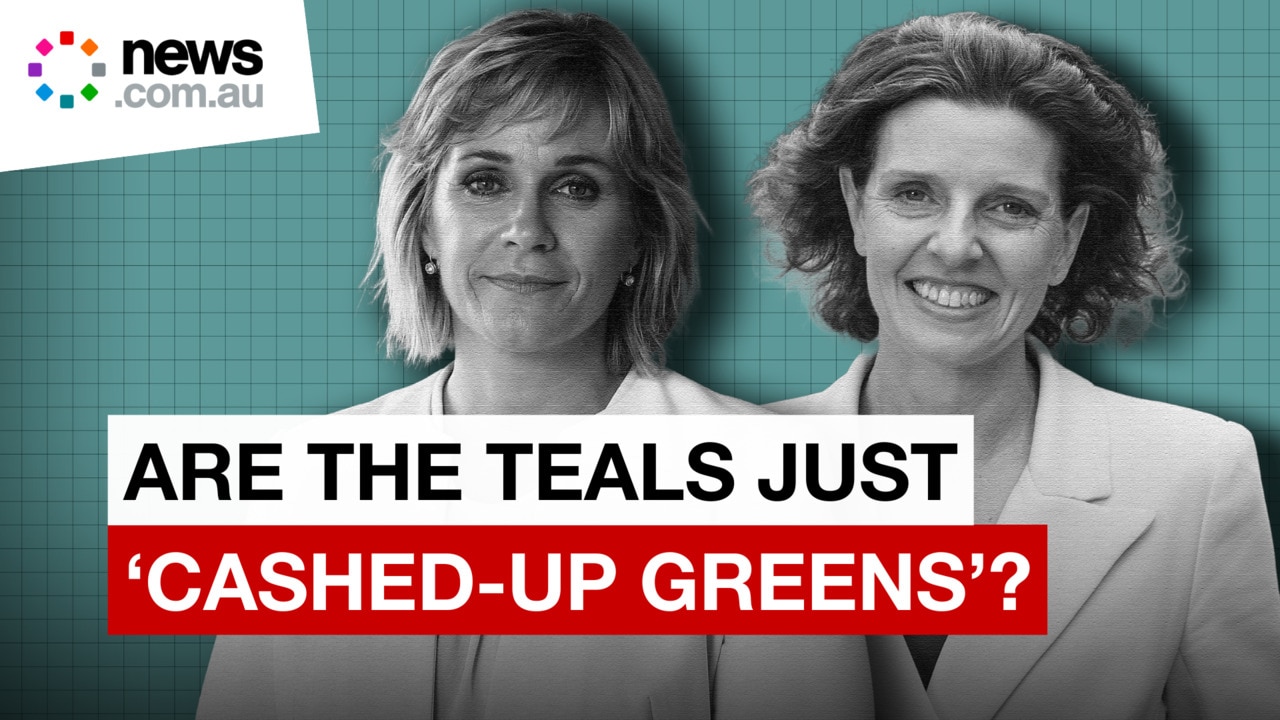
Australia’s growth in living standards is among the lowest in the world. We have had a major productivity problem for decades. Government revenues are heavily reliant on income tax and company tax, and these rates have been reduced in the past decade, but we still have a highly inefficient and uncompetitive tax framework. Henry Tax Review, anyone?
We need gas, solar, wind, hydro and nuclear as part of our energy mix with improved battery storage and transmission. No business would invest in coal-fired power. Labor has been too optimistic on renewables. The Coalition is unrealistic on nuclear – which I support in principle – at a cost of $331bn and not operational until 2035. Nuclear has no chance of winning local or state government, or Senate, approval.
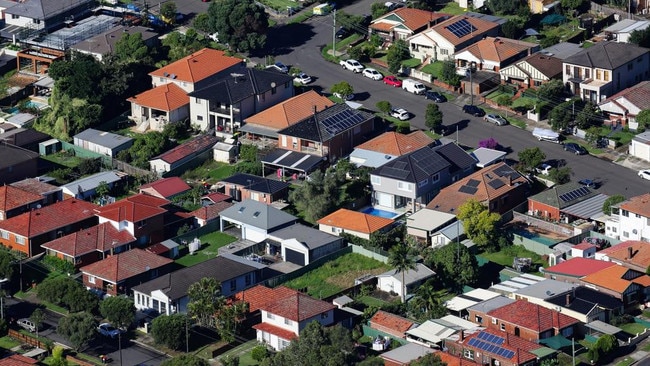
Housing is a longstanding challenge. Labor supports the Coalition initiative to ban foreign investors and temporary residents from buying existing dwellings. The Coalition will abolish Labor’s poor performing Housing Australia Future Fund. Labor’s Help to Buy program has had only a modest impact. The Coalition’s promise to allow superannuation for housing is not sustainable. The keys, as ever, are to increase supply, reduce taxes, streamline planning and ease construction costs.
This election is conducted in splendid isolation.
About one-third of exports go to China – our most important economic relationship – which nevertheless bullies, threatens and intimidates us. The US is run by an incoherent and unpredictable populist who tanked the global economy this week and European leaders say can no longer be relied on for security. No major party is saying it is time to re-evaluate both relationships.
The reality of this election is that both major parties are proposing largely risk-averse policies to suit their reform-shy approach to governing. This does not mean their policies are not important or worthy but they lack the courage to be bold and imaginative with a laser-like focus on the issues that really matter.





